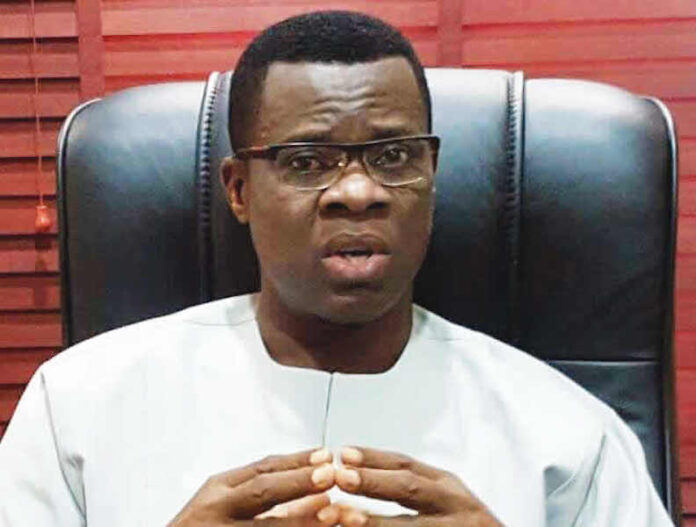The Independent National Electoral Commission is one of the executive bodies created under section 153 of the Constitution. It is conferred with the powers to regulate political parties and the conduct of elections. It doesn’t have the power of judicial review. That power is vested in the judicial branch of government.
Mike Igini was appointed by Mr. President, as a commissioner in the Independent National Electoral Commission. He is the Resident Electoral Commissioner for the Akwa Ibom State of Nigeria. He doesn’t belong to the judicial branch and therefore lacks the power to interpret the law in any guise.
I wonder aloud what gives Mike Igini the audacity to stray into a sphere outside the purview of his schedule and begin to give his interpretation of the Electoral Act and make controversial pronouncements capable of undermining the integrity of INEC.
Mr. Igini on the Channel television programme (Sunrise Daily) on 19 July 2022, gave a perverse interpretation of section 115 (d) of the Electoral Act.
He construed the word “constituency” used by the legislature of section 115(d) of the Electoral Act to mean elections; separate elections whether it is presidential, governorship senatorial, the House of Representatives, or of the state assembly.
I think such a weird interpretation is inconsistent with the canons of interpretation of statutes. The word “constituency” doesn’t mean multiple elections. Constituency according to the Oxford Dictionary of English language means a group of voters in a specified area who elect a representative to a legislative body.
The legislature of section 115(d) of the Electoral Act did not define the word “constituency”. Where a word is used in a statute (law) is clear, it must be given its ordinary and natural meaning. It goes without saying that the ordinary meaning of the word constituency cannot under any stretch of interpretation refer to separate elections as Mr. Igini would us believe.
Therefore the conclusion by Igini that it is an offence for any politician to obtain double nomination forms is not correct, with due respect. If the legislature of the Electoral Act intended to stipulate that the collection of multiple nomination forms is illegal, it would have clearly stated so. Mr. Igini, cannot import into the Electoral Act what its legislature never intended.
OKOI OBONO-OBLA










